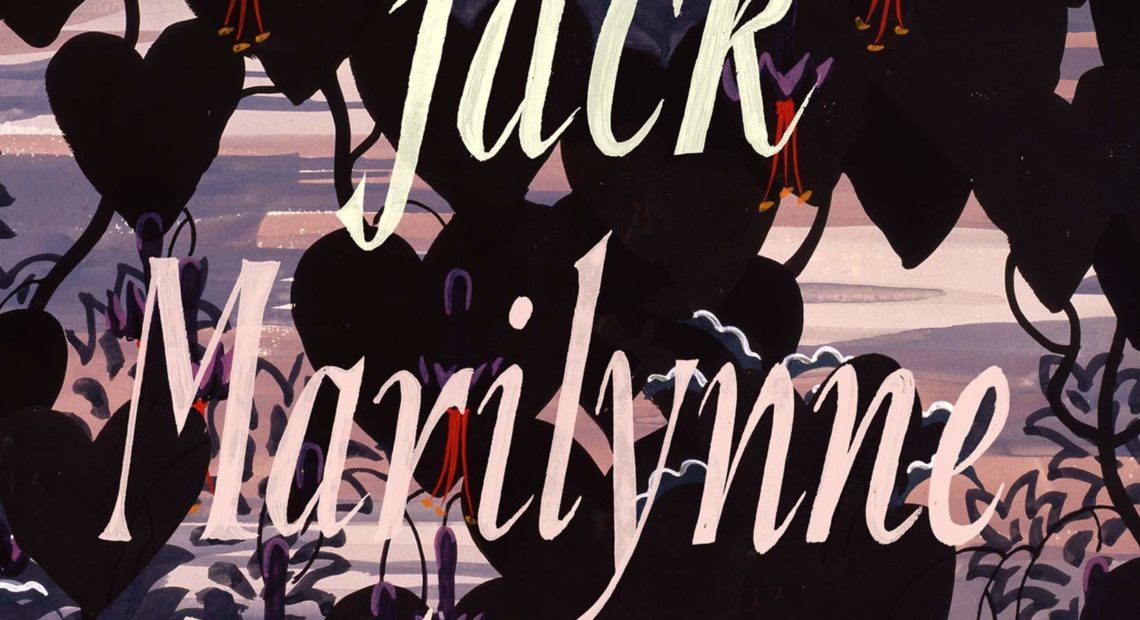In one sense, Marilynne Robinson’s Jack is a simple love story, one complicated by the harsh realities of Jim Crow, but still at bottom the beautifully quaint tale of how Jack Boughton and Della Miles met and fell in love in segregated St. Louis, Missouri. On the surface, the narrative is both agonizing and exhilarating, suspenseful and inevitable. It is agonizing and suspenseful because we’ve been introduced to Jack in a prior Robinson novel, Home, and we expect him to be irredeemable and unloveable. In many parts of the book he meets those expectations.
But it is also exhilarating and inevitable, because while we watch Jack fall in love we also watch him grow and change into the man that could court and woo a woman, the same woman who we already know he brings home to meet his anxious father at the end of Home. Thus in this literal sense we can say that Robinson’s novel is one that captures the reader’s attention and, for readers of Home, leaves us with a somewhat different impression of Jack Bougton.
Login to read more
Sign in or create a free account to access Subscriber-only content.
Topics:
